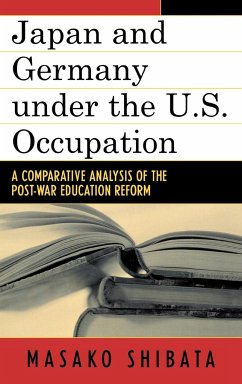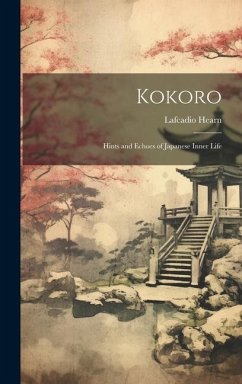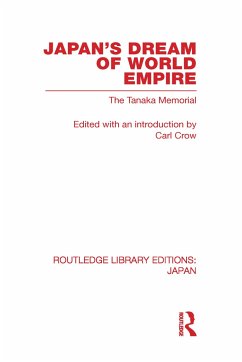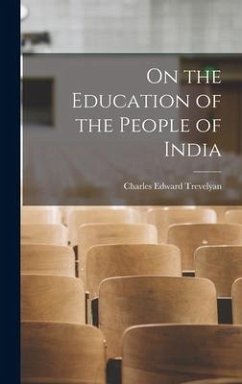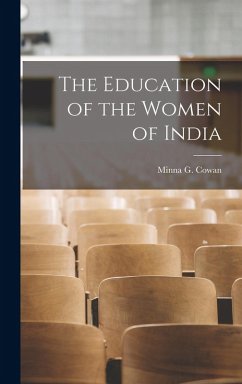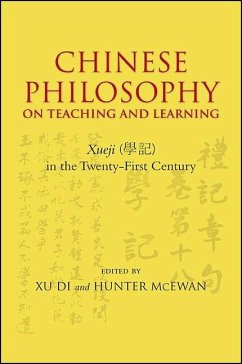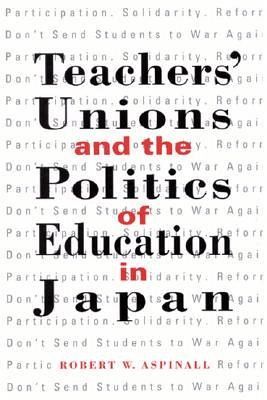
Teachers' Unions and the Politics of Education in Japan
Versandkostenfrei!
Versandfertig in über 4 Wochen
93,99 €
inkl. MwSt.
Weitere Ausgaben:

PAYBACK Punkte
47 °P sammeln!
A study of Japan's powerful teachers' unions, including an in-depth look at the schism of the largest union in 1989. Providing an overview of the history of postwar teachers' unions in Japan, this book analyses the causes and effects of the 1989 schism of the largest union, the Japan Teachers' Union (Nikkyoso). Formed in 1947 during a period of great change for both the Japanese educational and political systems, this union has been closely linked with developments in both of these areas. The 1989 schism occurred at the start of another period of great change for politics and education. Author...
A study of Japan's powerful teachers' unions, including an in-depth look at the schism of the largest union in 1989. Providing an overview of the history of postwar teachers' unions in Japan, this book analyses the causes and effects of the 1989 schism of the largest union, the Japan Teachers' Union (Nikkyoso). Formed in 1947 during a period of great change for both the Japanese educational and political systems, this union has been closely linked with developments in both of these areas. The 1989 schism occurred at the start of another period of great change for politics and education. Author Robert W. Aspinall uses several theoretical models to discuss the schism and then offers modifications of the theoretical models to account for political changes that have occurred since they were created. He also places the fortunes of the union in the wider context of Japanese unionism and party politics, examines the role of teachers' unions at all levels of the education hierarchy, and describes the role of unions in the current wave of educational reform.



